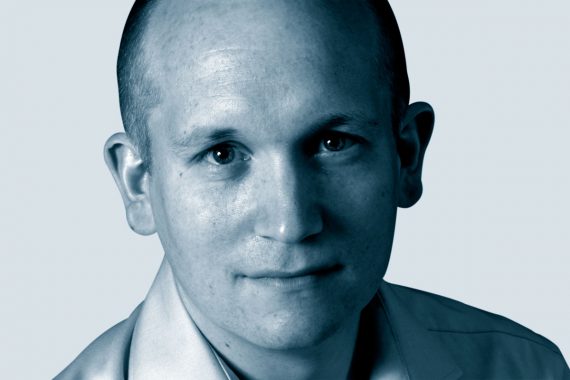I feel it necessary to preface this blog with an apology to Jeremy Corbyn, who I described last month as ‘electorate Kryptonite’ shortly before he came up with ballot box gold (well, silver anyway).
Seldom have I been so pleased to find myself proven wrong, but don’t go calling me Nostra-Dumbass just yet, as my previous Jeremy-related prediction – that Mr Hunt will still be Health Secretary in 2040 – has sadly yet to be disproven.
With the nation in turmoil after the recent election it’s strangely reassuring to see the great tradition of doctor-bashing continue unabated; we may have no idea who’ll be running the country next month but you can be sure the gutter press will still be laying into GPs like it’s going out of fashion.
The recent article in the Annals of Celebrity Secondary Sexual Characteristics entitled ‘RISE OF THE FOUR DAY DOCTOR FUELS NATIONAL SHORTAGE OF GPS AS MILENNIAL MEDICS CHOSE TO WORK PART-TIME’ stands like a heartening bastion of stability in an uncertain world.
Yes kids, it turns out the impending collapse of primary care is All Your Fault. This story arose from a speech by Ian Cumming of Health Education England, who proclaimed ‘we’re getting 10% less clinical work on average out of each of our GPs’ with the bonus implication that workshy n00bs are unwilling to knuckle down and get their hands dirty. Now I’m the last one to claim I’m down with the kids – as my Corbyn-misjudgement clearly illustrates – but I wasn’t convinced by the Professor’s figures.
Let’s scrutinise the ‘10% less clinical work’ claim through the lens of the recent King’s Fund report that GP workload has gone up 15% in the last five years, three times faster than the increase in doctors. HEE may be right that many GPs are dropping sessions, but the working day has changed so much in intensity that you can’t directly compare whole time equivalent figures from a decade ago. A 0.7 WTE reduction in a 15% harder job isn’t slacking off, it’s desperately treading water.
And the lazy swipe at new doctors is unfair, because doctors of all ages will be trying to reduce their hours, from pension-salvaging baby boomers to burnt-out Gen-X-ers.
You’d hope the guy responsible for finding the mythical 5,000 extra GPs would be able to grasp this, but even if he can’t, he surely ought to consider how his ill-chosen words might be used to attack the very workforce he’s desperate to recruit.
Who knows? Maybe he’s as bad at predictions as I am.
Dr Pete Deveson is a GP in Surrey. You can follow him on Twitter @PeteDeveson
Pulse October survey
Take our July 2025 survey to potentially win £1.000 worth of tokens












